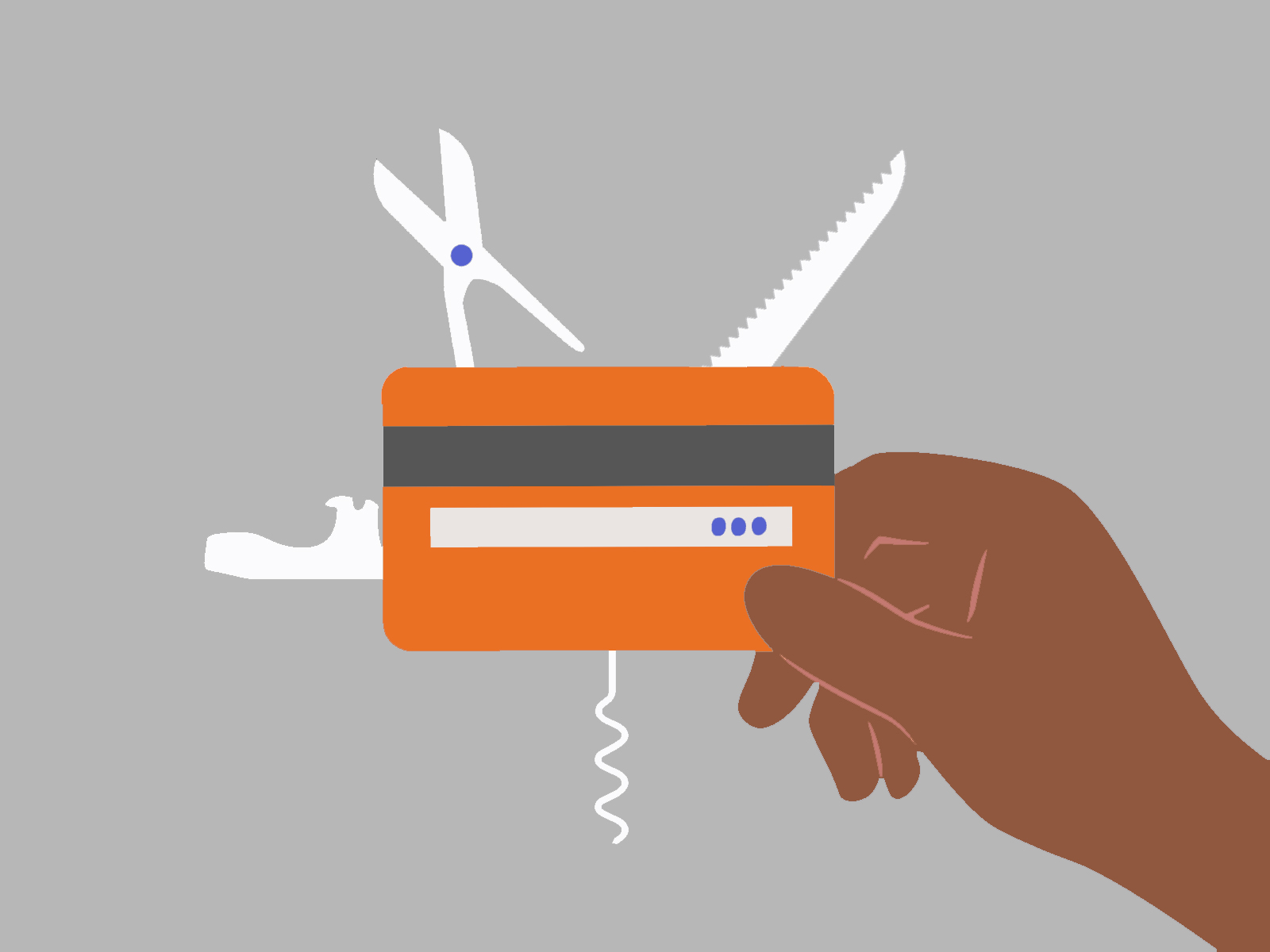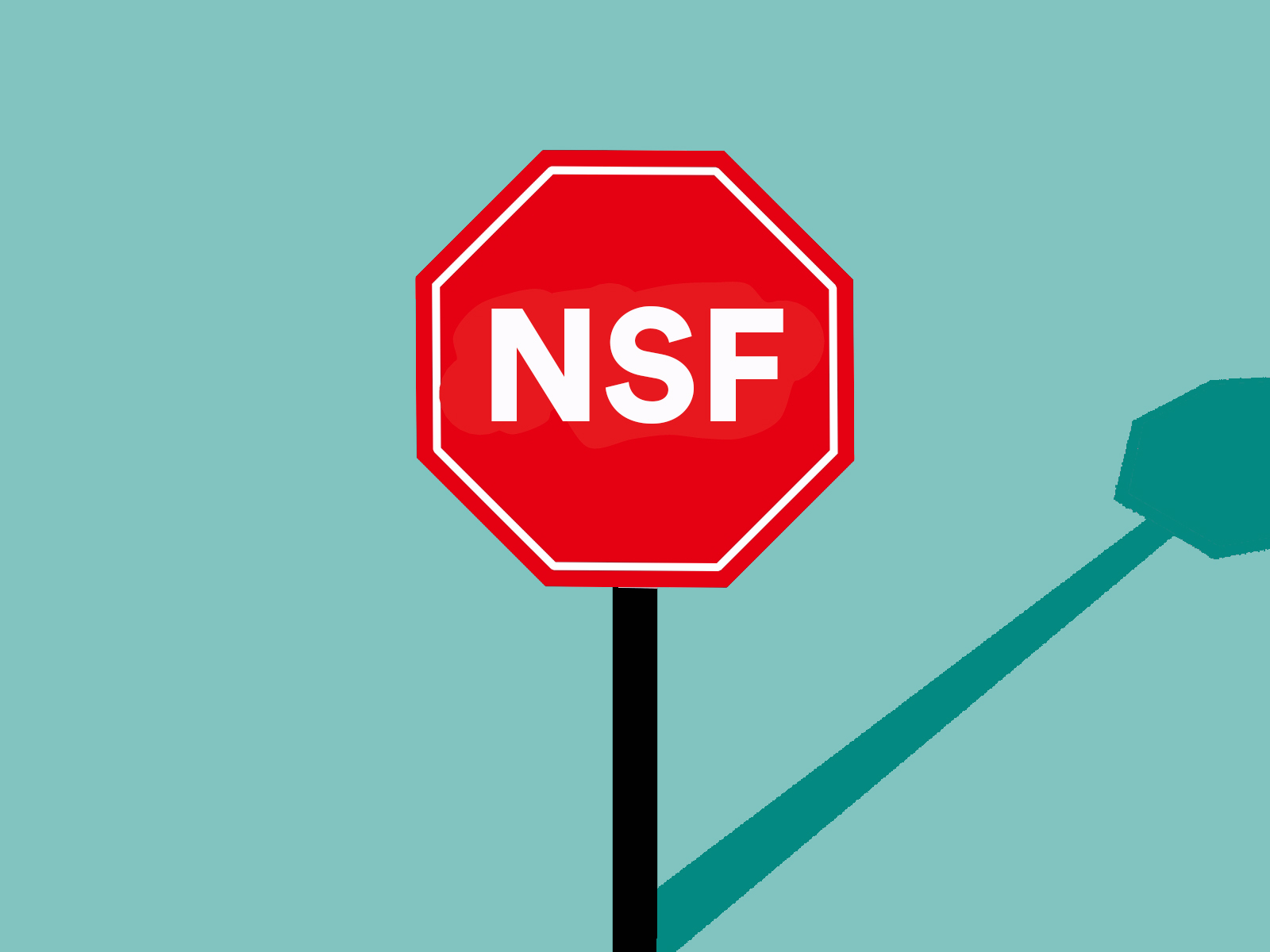My credit card application got rejected. What now?
Rejection letters are never nice to get, but if a recent application for a credit card got rejected, don't get mad. Get to work figuring out why, and what you can do about it.
Credit history and red flags
Some credit cards require a very high income, so it's possible to have a good credit score and still get rejected. If your income is $25,000 and you apply for a card that requires an income of $100,000, it's pretty clear what the problem is.
On the other hand, it's possible to meet the basic requirements for an application and still get rejected for a credit card. For situations like this, your credit history is likely to blame.
If you haven't checked your credit report in a few years, or if you've recently been rejected for credit, the first thing you should do is check your credit report. You can take advantage of the free credit report option offered by the main credit bureaus in Canada (Equifax and TransUnion). (Your credit "score" is a number that quickly lets you know how well you're doing, whereas a credit "report" is a list of all your sources of credit, and a detailed payment history going back years in time.)
Once you've obtained your credit report, it should be relatively easy to see any red flags. If you've missed a lot of payments, are using a high percentage of the credit available to you, have applied for multiple sources of credit in a short period of time, or showed any behaviour that would suggest you've handled your credit obligations poorly, you need to start fixing things.
Practice good credit habits
Remember, credit is essentially a promise to repay money that you've borrowed according to certain repayment conditions, such as how much you're expected to pay back per month. If you break your promise in any way, it's bad news.
The good news is that you can repair your credit history. If you've missed payments in the past, you should focus on never missing another payment. If you have a lot of debt compared to your income, or if you're close to maxed out on any credit cards, you need to focus on paying down your debts aggressively.
The length of time that you've been using credit is also a factor, where longer is usually better. The mix of different sources of credit is important too: a mortgage, auto loan, and line of credit can look better than someone who has seven high-interest credit cards and nothing else.
It's also possible that there's simply an error on your credit report. If so, you can apply to add a note to your file that explains your side of the story while you attempt to get it sorted out with the credit bureau.
If you've had a bad credit score or report, practicing good credit habits for a year can see your credit worthiness improve to a point where you might get accepted again. And once you do, it's important to maintain those good behaviours.
Equifax is a registered trademark of Equifax Canada Co.
TransUnion is a registered trademark of TransUnion LLC

